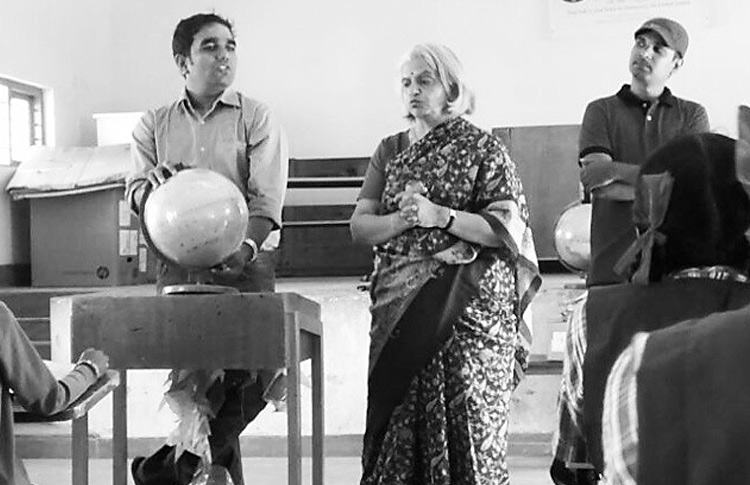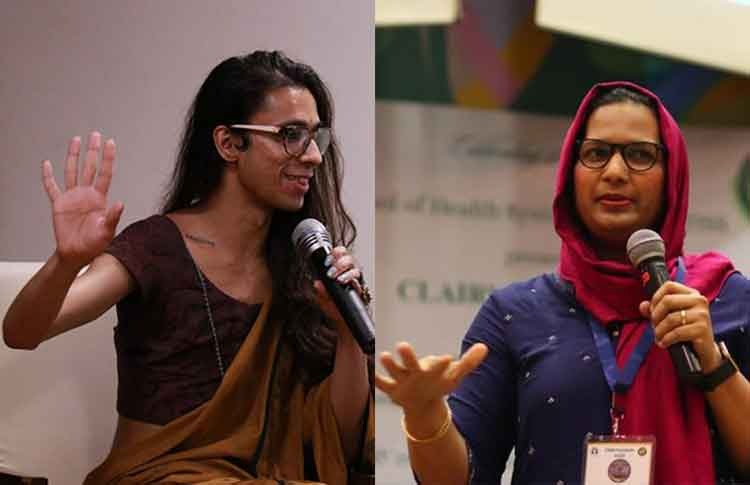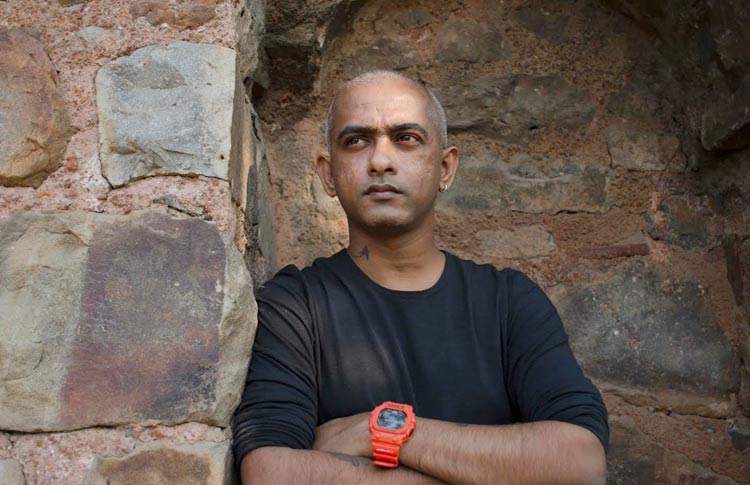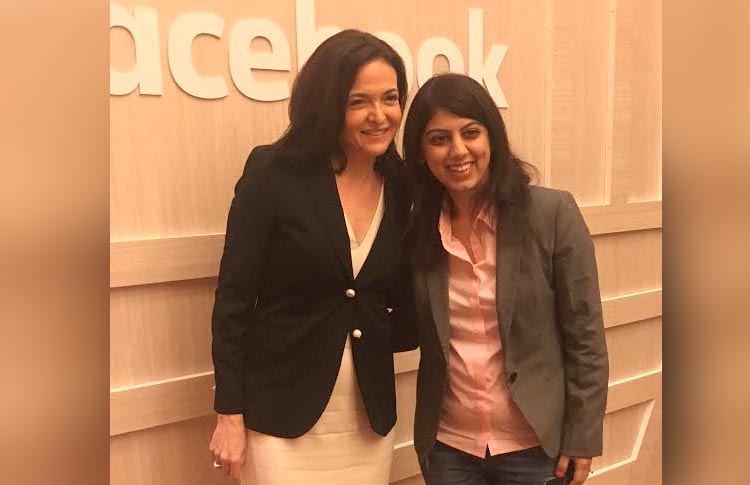Jyoti Thyagarajan Explains How Pressurising A Child To Study Will Only Make Them Short-Sighted
- IWB Post
- September 5, 2019

Meghshala Foundation is the brainchild of Jyoti Thyagarajan who believes that every child deserves a quality education. She has been an educator for over a span of three-and-a-half decades, and post-retirement chose to bring about a change in the education system.
The Meghshala fellowship is a two-year program for in-service government school teachers to help them grow world-class teaching methods and practices. They aim to create a community of excellent teachers who can help change the face of the Indian education system.
Jyoti has taught all over the world and knows what a right education ecosystem looks like. She emphasizes the importance of open learning curriculum and to stay relevant. In this interview, she discusses challenges she faces while working at grass root level, the use of technology for children, and experiential learning. Excerpts:
You have been a teacher almost all your life. When did you realize that we need something like Meghshala?
You know, when you are 60 years old and can’t sleep, thinking about the impact that you must make in the world. This is what happened to me, and I had a sudden realization that I hadn’t contributed enough, by teaching at high-end schools. Low-end schools need more attention, and we must strive to equalize the kind of education all the kids get. Honestly, it was a sudden realization that happened to me, and I decided to work on it.
You have taught at various places around the world. What is a primary difference in the education and child-rearing system in India versus other countries?
I have only reared one child but have definitely taught at several schools. Education in India has a tendency to just look at the past and does not lay much emphasis on trying to solve problems for the future. We don’t teach kids to negotiate a solution, problem solve or gives up something to get something bigger for the society. In the rest of the world, learning is more concrete and focused on being relevant than just being knowledgeable. They teach children to be brave and useful. For instance, Indian kid will give all the data needed as he/she knows how to scout for the data, but the non-Indian kid will provide a solution for the problem. It’s time that we take a step further and transition from being data providers to solution providers.
Often in India, parents and teachers pressurize children to obey the conventional rules and beliefs. How do you think this disrupts the child’s intellectual development?
A child is intellectually developed. Our brains are biologically coded to learn and understand things. The pressure only makes them more stressed and short-sighted. I just can’t understand why parents do this to their own child.
Many renowned universities abroad have open learning curriculum where students can choose their own subjects and even syllabus. Do you think India can develop and sustain such a system?
Yes, absolutely. In India parents want their kids to learn everything. From being a pro at arts to being an academic topper, we expect our kids to excel in everything. If we create open learning systems and allow kids to pursue whatever they want and let them excel in things that they are good at or are passionate about, then the world will be a much better place.
What do you think schools can do to create this kind of awareness among parents?
They should have groups which educate parents on bringing up children and giving them the needed autonomy to pursue what they want.
Tell us about the Meghshala fellowship. Though you work with government school teachers, are your programs similar to Teach For India?
Not at all. TFI picks up young professionals and graduates whereas we work with government school teachers. We aim to establish a permanent solution. At the end of the program, the teachers are well-equipped to teach, and it creates a permanent solution for the school.
What’s the most challenging part about providing education at the grass root level?
It is challenging to run an organization entirely on CSR funds and manage a staff of 30 people with such few resources. We have some of the best minds working with us but paying salary to them with limited funds is becoming a task. Another important challenge for me is to work with all the brilliant people while accelerating them in the same direction.
Does Meghshala have any initiatives for girl child education?
We have specific lessons for girls and boys. While they need to have the same awareness the way of creating such awareness is slightly different. Hence, we have separate sessions for both girls and boys.
In our college, we had something called as SIP wherein we had to work with NGOs for 3 months. What kind of similar immersive programs would you suggest for child’s overall development?
It takes many experiences to educate a child well about various things. So we must focus on giving them as many experiences as we can because the experience is the best teacher. The focus should be on helping them gauge new perspectives and form their own ones.
How do you think we can harness the power of social media and digital media for bringing out a reformation in the education sector?
A lot has been done already to utilize the power of social media. Even we have been using social media extensively to communicate with teachers and other people in the education sector.
There’s a lot of debate about whether children should be exposed to technology and social media. Which side are you on?
Okay tell me something, did your grandmother use the grindstone?
Yes
When was the last time she used it, or you used it?
I don’t really remember.
What do you use instead of that?
Mixer and grinder
Exactly. We use technology because it makes our life easier and comfortable. In the same way, if we let our kids use the social media or technology for learning new things, then it’s great. It entirely depends on what you use it for. It is okay for children to use technology as long as it is for their betterment.
What’s your vision for Meghshala?
We are already creating an impact. We want to spread the word about our initiatives across the world so that others can also come up with similar ideas. We want to create an ecosystem to take the education sector at its best.
Give one piece of advice for anyone who wants to create a change in the society or wants to work in education.
Keep your eyes wide open. Notice what needs to be done and do it. All of us must be aware and engaged and scouting for solutions and must take plausible actions to bring about the change.
This article was first published on February 28, 2018.
- 0
- 0












